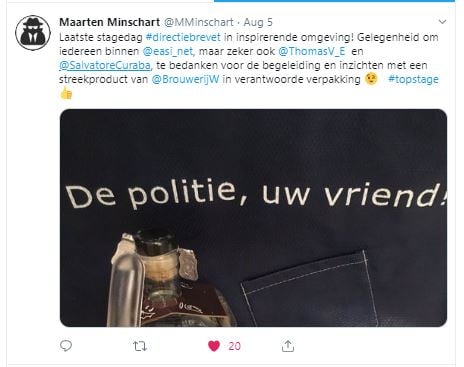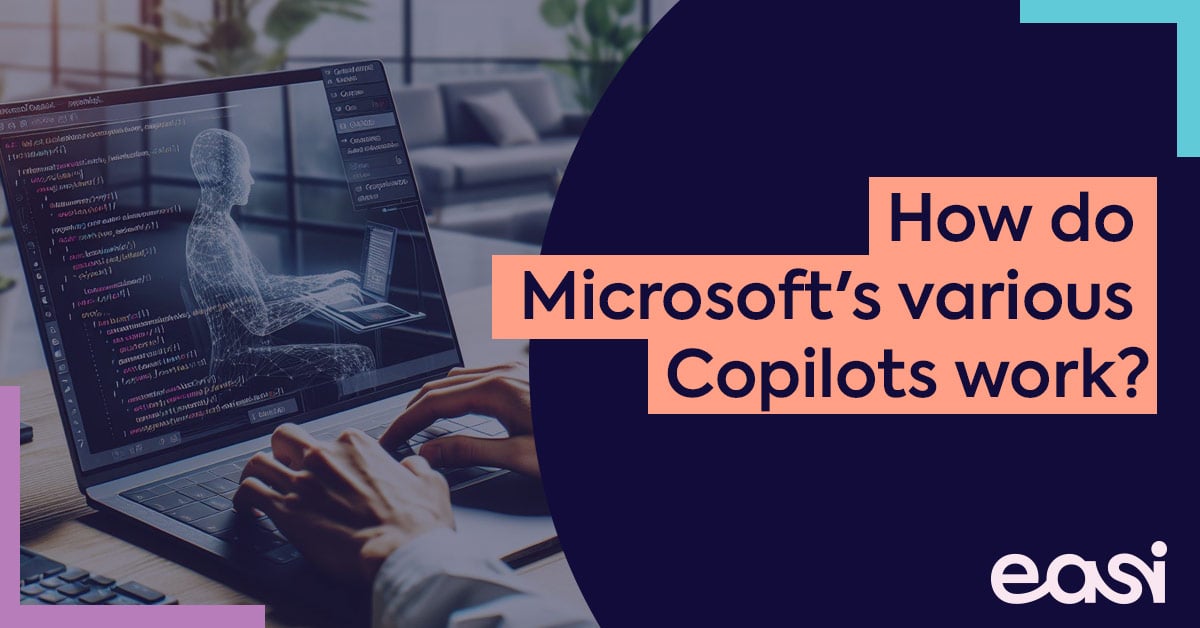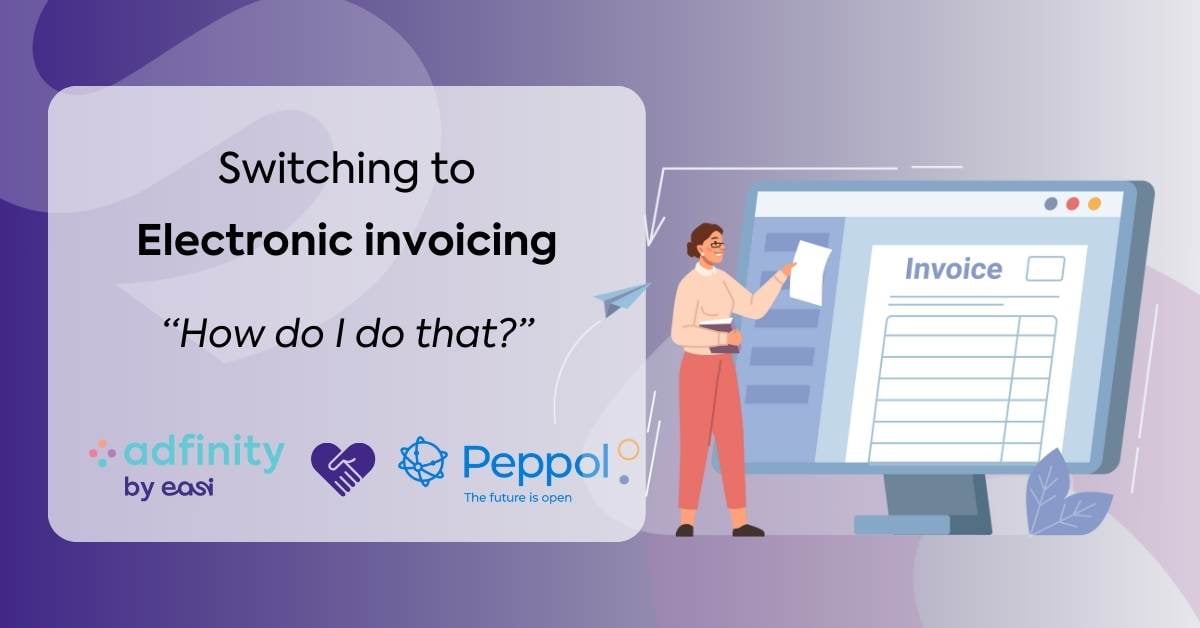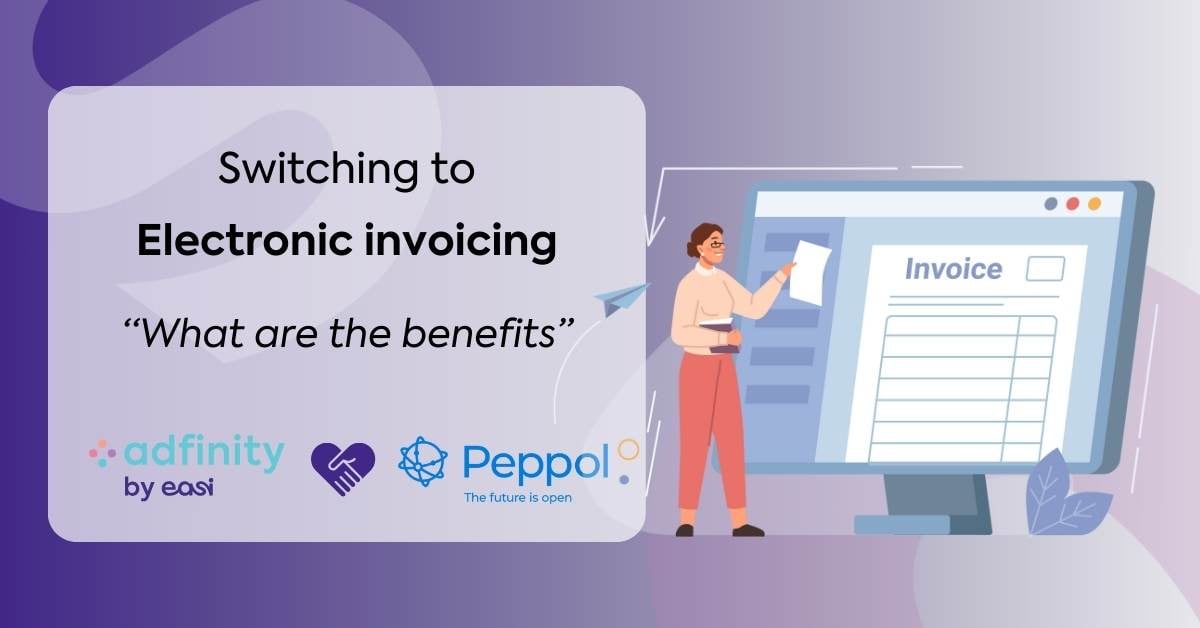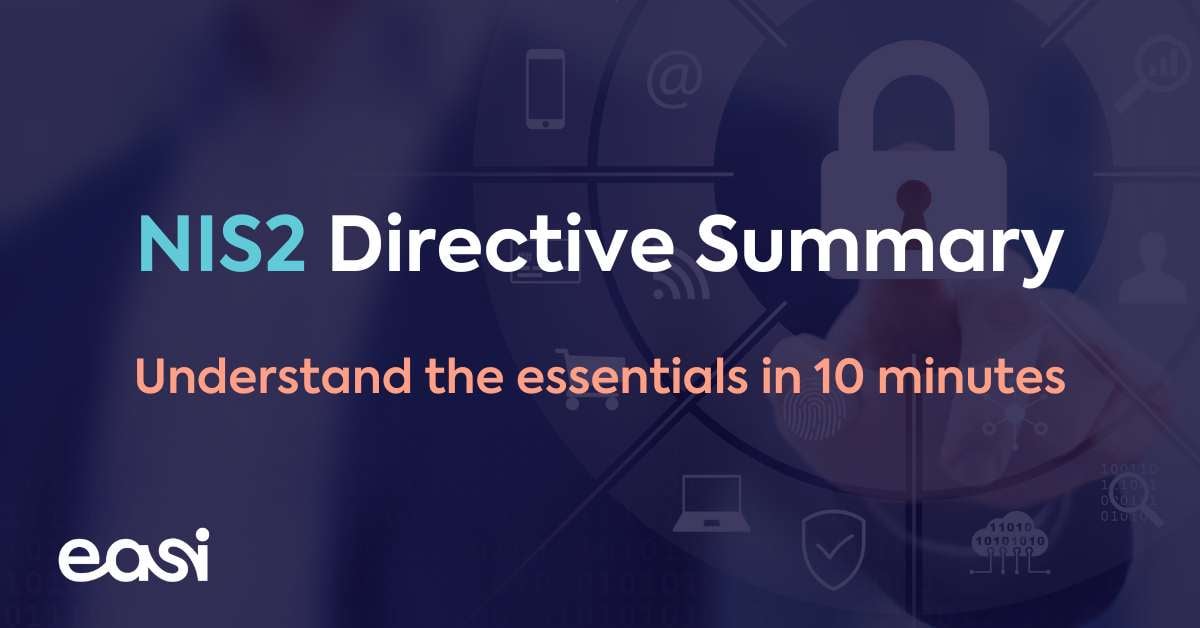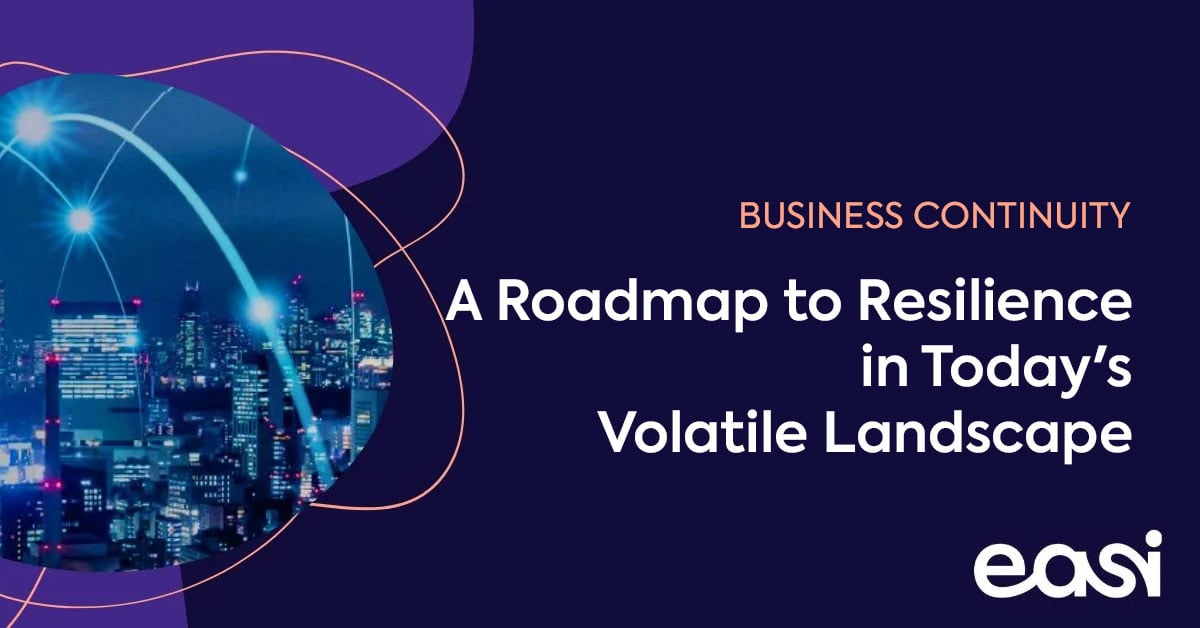A police commissioner as a trainee at EASI, we don’t see that every day. Let me introduce him to you with these 5 questions.
Who is Maarten?
Maarten Minschart studied Political Sciences in Leuven, Belgium before working for the governor of Limburg in the Netherlands. There he learned the tricks of the emergency and intervention planning. A befriended commissioner convinced him to join the police force where, after a training period of 2 years, he worked as commissioner specialized in contingency planning. He supervises the intervention corps in Hasselt, Belgium: a team of 30 people that supports other services at special events such as a big football match. After six years he switched to the Local Police of Sint-Truiden-Nieuwerkerken-Gingelom and in the meantime Maarten is trained as a chief of police. This includes an internship - which he follows at EASI.
.png?width=600&name=To%20my%20bestie,%20(1).png)
Where did the interest in EASI come from?
EASI has intrigued me for a while. Year after year, the company won awards for Great Place to Work, which made an impression on me. EASI also has a very special philosophy.
In most management books, you see two styles: either very people-oriented with usually almost complete freedom and self-managing teams; or very strict and formalized structures.
EASI is somewhere in between. Everyone is happy here and yet, everything is very organized. That appealed to me because the police force also has a very strong, formal culture. I wanted to see how both worlds come together here.
Finally, I read Salvatore’s book and asked if I could do my internship with you.
What did you do during your internship?
I wanted to investigate three important topics. One: What’s the situation with the evaluation cycle? Two: What’s the situation with internal promotions? Three: What’s the situation with mergers and acquisitions? Topics that are very much in line with how things are run at the police department.
.jpeg?width=339&name=WhatsApp%20Image%202019-08-07%20at%2016.46.58%20(3).jpeg)
Evaluation cycle
As far as the evaluation cycle is concerned, I immediately noticed some striking things. You don't start the evaluation top-down. The question first goes to the employee so that he or she can think about what he or she is doing and how it is going. For us, this is seen by some as a compulsory number. There is also nothing concrete about it and it is perhaps still too much focused on the negative.
“the evaluation doesn’t begin top-down”
Without sufficient recognition, such a moment is worth little. So, I see a lot of opportunities in this regard. We need to think about how we can engage our own people more, because there are many people here who can and want to think along with us. Perhaps it will remain strictly formalised, but it will make our people more involved in the organisation.
Internal promotion
Also in terms of growth opportunities and speed, it is striking that we as an organization are less agile when it comes to internal promotion. The fact that your employees have complete control over this and can link the possible promotion to the evaluation moments, makes it almost automatically a positive event. within the police this is all more regulated. We have to focus on career management and be able to provide people with a career path.
“internal promotion is automatically a positive happening”
Mergers and acquisitions
Finally, the topic of mergers and acquisitions has also been important to me, because mergers are very topical within the police force. It's a reality that presents itself and then it is very interesting to see how EASI deals with it. No two mergers are the same, but the three keywords remain coherence, efficiency and communication. Particularly the latter can’t be underestimated.
“transparent communication isn’t self-evident”
It’s very easy to give everyone new laptops and have them work with the same system. Or changing emblems in the hallway. It’s less self-evident to communicate openly about what is and what isn’t possible.
Still, you have to make your feelers work well, because I know from my own experience: small things can quickly become cultural clashes and big issues. It could be as simple as the question, do we continue to have a joint coffee break or will everybody just get coffee when they feel like it. So it’s important to combine coherence and efficiency with clear communications to get rid of any uncertainties.
What surprised you?
.jpeg?width=300&name=WhatsApp%20Image%202019-08-07%20at%2016.46.58%20(2).jpeg) The openness and the transparency. On all levels, many of the walls are replaced by windows. But actually that transparency ranges from company results up to the way you can make promotion. And you also notice it among the employees. Truly everyone has an open mind to new situations, people, you name it. A very refreshing attitude which made me feel very welcome from the start. And it came to my attention that this isn’t corporate propaganda. I would have easily pierced that layer of varnish in the coffee corner or during lunch.
The openness and the transparency. On all levels, many of the walls are replaced by windows. But actually that transparency ranges from company results up to the way you can make promotion. And you also notice it among the employees. Truly everyone has an open mind to new situations, people, you name it. A very refreshing attitude which made me feel very welcome from the start. And it came to my attention that this isn’t corporate propaganda. I would have easily pierced that layer of varnish in the coffee corner or during lunch.
What do you take with you after your internship?
I instantly think of two things.
I find the profit & loss story, which is very closely interwoven in everything you do, very interesting, although as a police district it is less obvious. After all, you are somewhat 'lived'. We have to safeguard the democratic right to meet. In essence, a festival like Werchter or a football match is actually a meeting. But if Trump announces he will be visiting on the same day as Werchter. Then, of course, we have a problem with manpower.
Despite all that, it’s our job to make sure all activities run smoothly. Considering the risk analysis, we enlist the people we think are right for the job. In other words, we can’t determine a cost/benefit analysis for everything.
Yet, I think we should be able to get more out of this. Of course, what we do isn’t only about costs, but we do have a budget and 90% are employee costs. For that reason, it’s important we raise awareness on how much of a district’s budget goes to certain events.
Something else is the positive vibe you can feel around here. Of course, leading by example is important, but it’s easy to overdo it. However, Thomas told me it was the management’s goal from the beginning to hand out at least five compliments each day. Now that feels very natural to everyone and it’s something that needs to grow, but surely worthwhile to include. At the police department, we’ve been working very hard at improving the well-being at work. But that isn’t the same as happiness on the job. I believe that we at the police department should acknowledge our colleagues more, and a couple of sincere and heartfelt compliments would please our people a whole lot.
